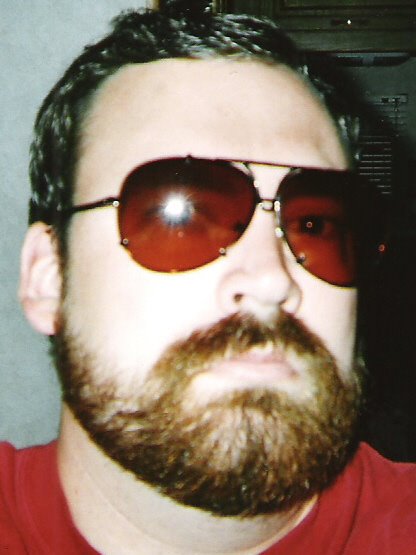Part of the solution for Churches to engage Tweeners and young adults is to understand their family situations and how it affects our teaching and outreach paradigms. Over one million kids experience their parents' divorce each year. In addition, the fatherless statistics in the U.S. are staggering. Because of how many grow up without a dad---pastors and youth workers need to understand that this emerging generation is not only unfamiliar with traditional Bible stories, but also that, when hearing Jesus' parables and other teaching, younger people will often interpret them differently than older adults. Author Elizabeth Marquardt found that young adults with divorced parents, when hearing the Parable of The Prodigal Son, for example, identified much more closely with the Father character than with the Son who left. For these teens and twenty-somethings, the anxiousness and stress from waiting for someone to come back home resonated much more deeply. Teachers at all levels within the Church need to exhibit a constant and sensitive awareness towards their audience along these lines.
Besides embracing a new sensitivity and awareness when teaching from the Bible, the next step for engaging this emerging generation is to conduct outreach opportunities that create safe places for young people to process their feelings and explore their faith--without fear of judgment. We must listen, notice, and inquire while resisting the urge to condemn. Their questions must be safe with us. It is ours to be brave enough to ask tough, open-ended questions. We can validate their reality without necessarily approving of it. This a key component of compassion. People feel welcome when they feel heard and valued. By deliberately offering these opportunities, Churches will reclaim their role as places of refuge where everyone, in authentic community, can confess and confront in a truly healthy environment.
At the same time, those of us within the Church need to confess and confront our outdated paradigms because so many young adults and teens are missing out on the connections that we use to take for granted. It is our responsibility and privilege to offer hope in new ways not only from the pages of the Bible but also in the way we conduct our meetings and ministries. We have to realize that this generation resonates with Bible stories and characters differently than previously assumed, and we have to alter our presentation accordingly. We must go out of our way to offer emotional 'safe zones' for people to connect with one another--and, in part, re-create the family that is painfully missing. These are our brothers and sisters in Christ, and, for the older adults among us: these are your Spiritual children, too. We cannot abandon them nor abdicate our responsibility in caring for them. They have already faced too much of that at home and in school. Our churches must become places of real connection. Our teaching must connect with its young audience through an ever-evolving awareness and sensitivity to the issues our young people are facing. We cannot afford to take comprehension or connection for granted anymore.
Digital ROI: Scaling the Fort Worth Business Sphere
-
In today’s fast-paced commercial environment, the ability to measure and
maximize digital return on investment (ROI) has become a defining factor
for bus...
3 days ago




